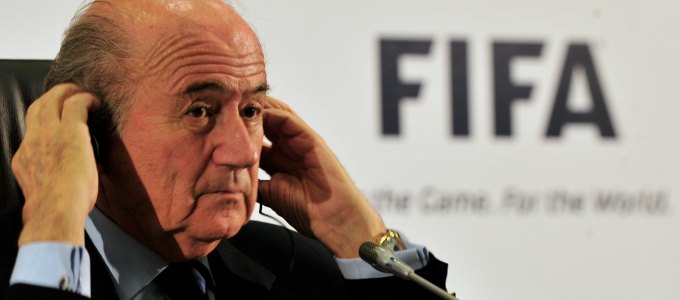FIFA president Sepp Blatter resigned this week amid charges of bribery and other scandals. (Photo of Blatter taken in 2010 by Marcello Casal, Jr. Courtesy of Wikimedia Commons)
International soccer governing body FIFA’s recent failures have more to do with its inability to function as an inclusive global organization than issues of bribery and related scandals.
Had FIFA’s leaders spent more time developing their global mindset competencies and cultural intelligence, they would have been able to openly address their concerns about equity, inclusiveness and a shared vision for the future. What we have is a traditional, U.N.-style federation with each leader vested interest vying for its position and ultimately an “I win, you lose” situation rather than a “win-win,” which is necessary for any successful global organization.
The issues facing FIFA are no different than the issues we see every day when working with organizations that see themselves as global but are not even close. At this critical juncture, FIFA must address its core vison and structure as a global organization. The disharmony between the various regions will not be resolved by simply changing the leadership. There are very good reasons why representatives from Asia, Latin America, the Middle East and others were strong supporters of Sepp Blatter, who resigned as president. If the United States and Europe do not understand their justifiable concerns, FIFA will fail in spite of the obvious success of soccer as a global sport.
In 1992, I worked with David Stern and his leadership team at the NBA to try to create a global brand. The NBA has had some significant success and some challenges over the past 20 years, but they were working from a common set of goals and vision. FIFA is a great example for us all as to the challenges of creating inclusive global organizations. Let’s hope that they can learn from the lessons of the past, but without a significant change in mindset, they are doomed to repeat their mistakes.















